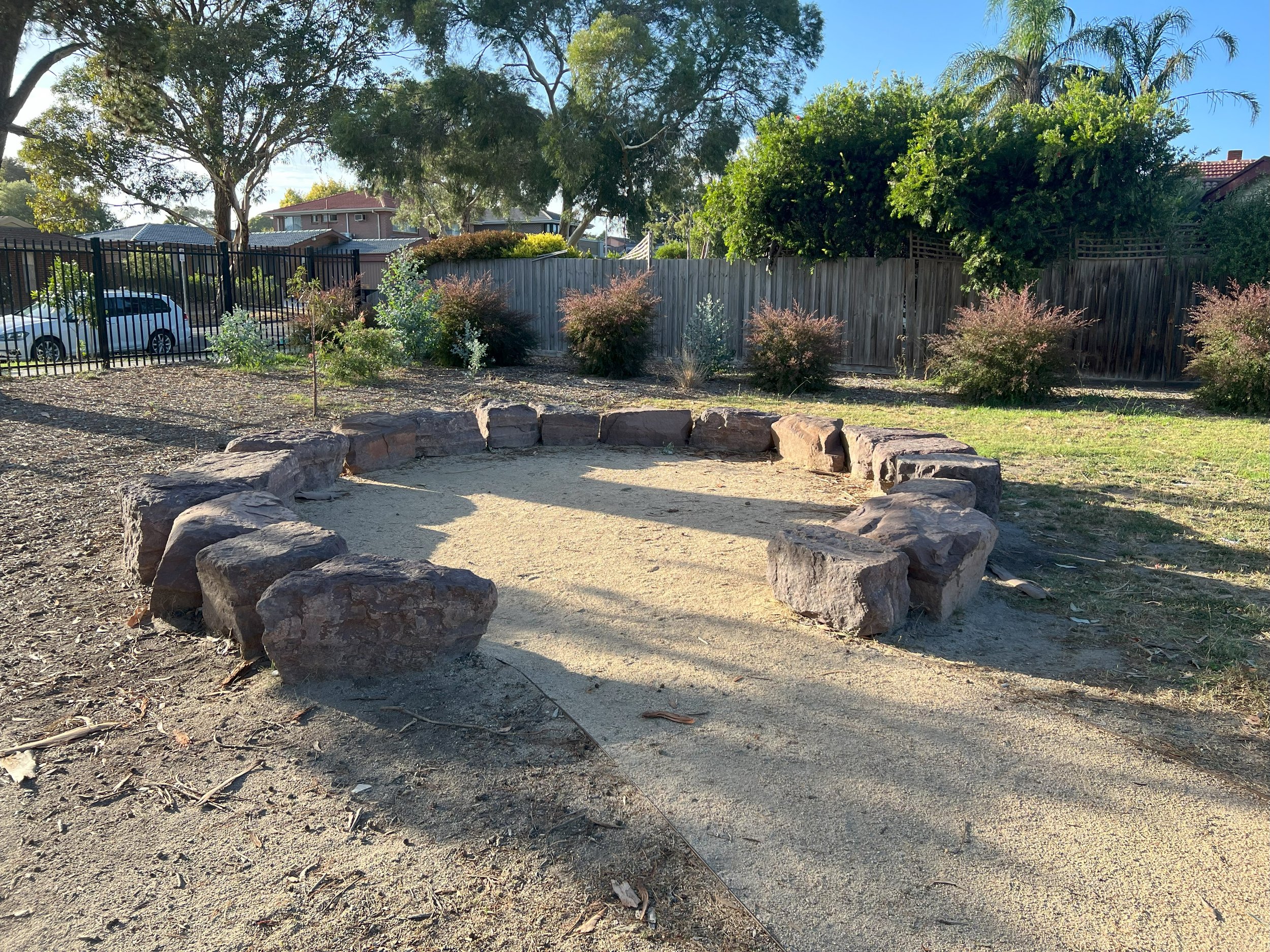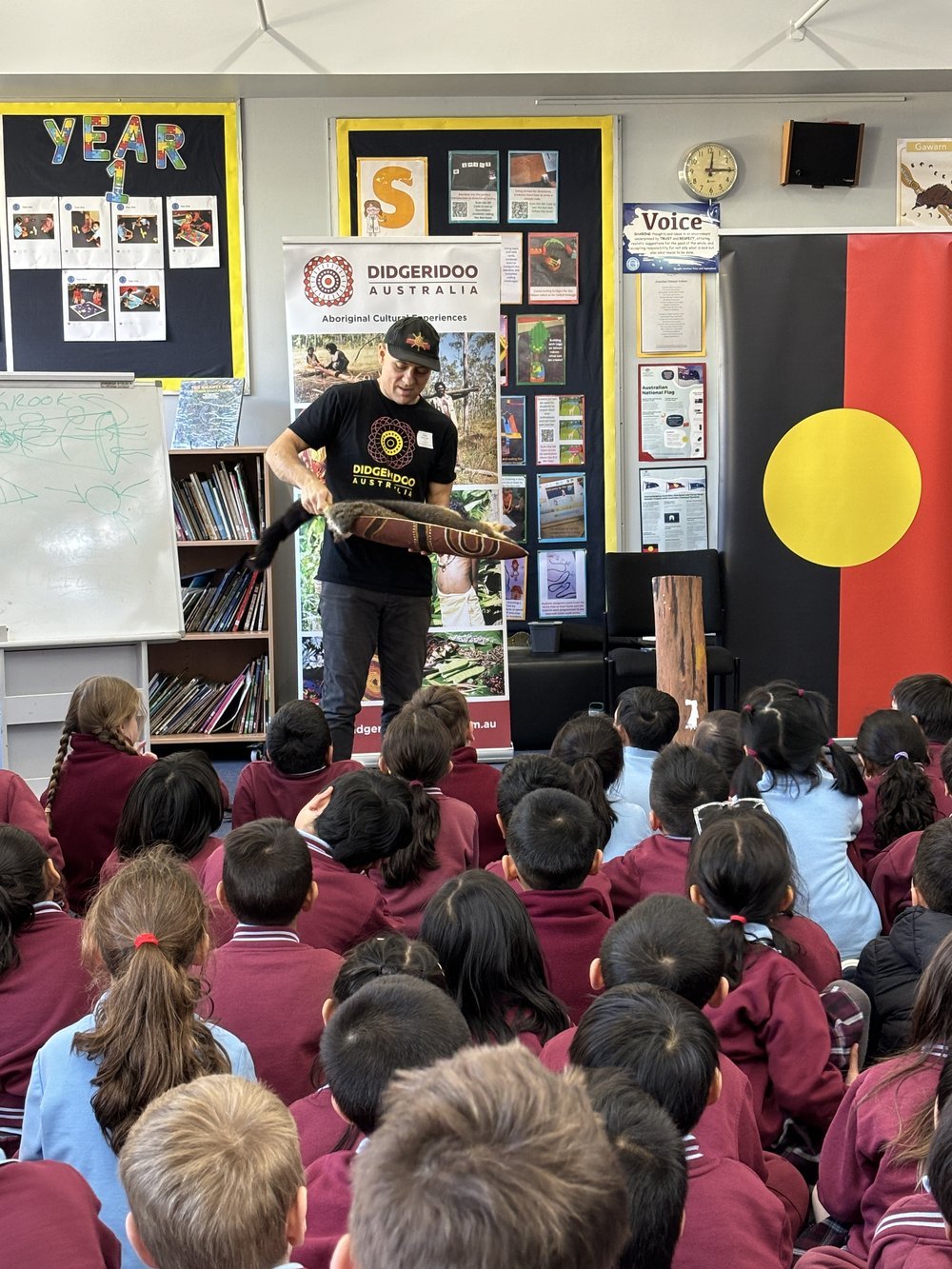


Global Education
At Knox Gardens Primary School, we have a whole school approach to celebrating and acknowledging cultures from around the world. We feel privileged to have a school community of students, parents and teachers comprised of such unique and beautiful cultures. To empower our students to uphold our school values of Respect, Responsibility, Fairness and Honesty, we passionately teach them about the importance of appreciating cultural diversity. We not only focus on cultural diversity of countries all around the world, but also the cultural diversity of the Aboriginal and Torres Strait Islander People across Australia.
Cultural Celebration Day
In Term 4 each year we hold a day of festivities that is centred around celebrating our students’ cultural backgrounds. Each year level celebrates three to four cultures based on the student cohort in that year level. Students feel a great sense of belonging and pride when their cultural identity is featured on this special celebration day. Our aim is to ensure as many students as possible have their cultural background celebrated at least once across their seven years of schooling at Knox Gardens.
Cross Curriculum Priorities
Aboriginal and Torres Strait Islander Histories and Cultures
As a school we are highly committed and actively involved in embedding Aboriginal and Torres Strait Islander Histories and Cultures into the classroom and around the school grounds. We are proud to recognise that our school resides on the land of the Wurundjeri People of the Kulin Nations and hold great respect for their ongoing ownership of the land. We have worked collaboratively to enhance our school by building key practices into our school routines through our carefully designed Reconciliation Action Plan. Please see some examples below of our commitments being enacted:
· Acknowledgement of Country – in developing our Acknowledgement of Country we sought input from every student across the school. They worked alongside their teacher in exploring the meaning behind this important cultural practice and reviewed many examples of Acknowledgement of Countries from various contexts. Students then brainstormed with their teachers what they felt was most important to include in our Acknowledgement of Country. These ideas from the students where they discussed by all staff who worked collaboratively to compose the Acknowledge you see below:
Wominjeka. Knox Gardens Primary School would like to acknowledge the traditional custodians of the land that we live, learn and play on, the Wurundjeri People of the Kulin Nations. We wish to pay our respects to the Elders past, present and emerging including those who may be present here today. We recognise that this land is and always will be Wurundjeri land.
· School Houses – as a school we decided that our previous school houses were needing an update, so it was time to make a change. As student voice is a key practice within our school, we again sought feedback from the students on what they wanted their houses to be represented by. They selected four unique Australian animals (koala, kangaroo, platypus and echidna). We then worked alongside the Wurundjeri Land Council to be granted approval to use the traditional Woiwurrung language names for these animals. To further enhance the house posters, we employed Simone Thomson, a proud Wurundjeri and Yorta-Yorta woman, to design matching Aboriginal artwork.
Yarning Circle – to strengthen our students understanding of the importance of Country to Aboriginal and Torres Strait Islander People we built a Yarning Circle within our school grounds. This is a place where teachers can take students to learn and hear stories. A place for students to feel close to Country and gain a greater respect for their surroundings.
·
Staff Professional Learning – to enhance our teachers’ knowledge and confidence in embedding Aboriginal and Torres Strait Islander perspectives we have undertaken the professional learning sessions entitled ‘Building Confidence’ from the company Australians Together. This course was selected as has been created with First Nations cultural collaborators to ensure the course material is authentic and respectful.
· Student Learning – we are committed as a school to embed Aboriginal and Torres Strait Islander perspectives into our teaching practice to ensure continued exposure to the culture and history of Aboriginal and Torres Strait Islander People. Each year level has enhanced the classroom teaching by selecting an incursion or excursion that incorporated Aboriginal and Torres Strait Islander perspectives. In 2024 we were fortunate enough to have a Whole School incursion delivered by Didgeridoo Australia entitled ‘Didgeridoo Beats and Culture’.
-
-
29th of January- 12th of February Chinese New Year
Celebrates the beginning of the new year
13th of February - National Apology Day
Anniversary of the National Apology to the Stolen Generation
20th of March- Close the Gap Day
21st of March- Harmony Day
-
26th of May National Sorry Day
27th of May- 3rd of June- Reconciliation Week
Commemorate the milestones of the 1967 Referendum and the High Court Mabo decision
-
7th- 14th of July- NAIDOC Week
Celebrate the history, culture and achievements of Aboriginal and Torres Strait Islander Peoples
4th of August- National Aboriginal & Torres Strait Islander Children’s Day
4th of September- Indigenous Literacy Day
Celebration of First Nations stories, cultures and language
-
6th of October- Mid-Autumn Festival
29th of October- Sustainability Day (Aboriginal and Torres Strait Islander Sustainability Practices)
16th of November- Cultural day
Celebration of our students’ cultural diversity
